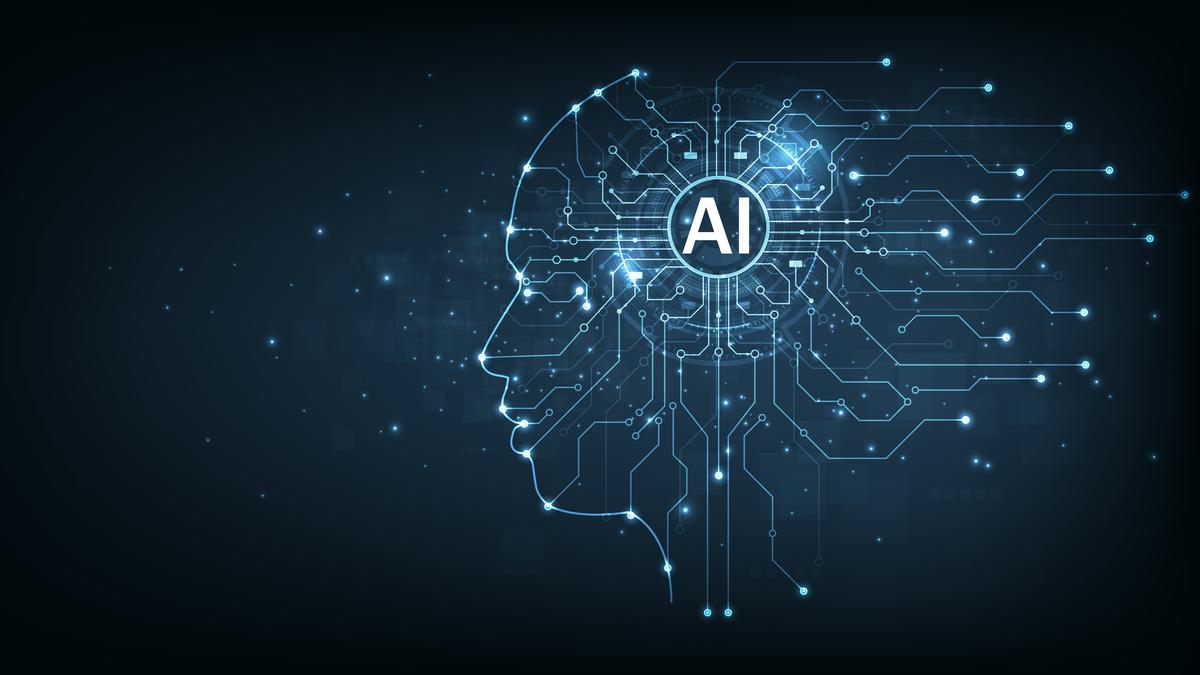Context
Meritocracy, the idea that individuals should advance based on their abilities and achievements rather than social status, has long been a subject of debate. The concept has been scrutinized by various thinkers, including Michael Young, Michael Sandel, and Adrian Wooldridge, each offering unique perspectives on its virtues and pitfalls. As society grapples with the implications of Artificial Intelligence (AI) on traditional meritocratic systems, it becomes imperative to reevaluate and recalibrate our understanding of merit in the age of technological advancement.
Critiques of Traditional Meritocracy
In his satirical work "The Rise of the Meritocracy," Michael Young paints a dystopian picture of a future society where social class is determined solely by intelligence and effort, leading to a new form of social stratification. Young's critique highlights the potential dangers of over-relying on standardized testing and educational achievement as the sole measures of merit. Similarly, Michael Sandel argues that meritocracy can foster entitlement among the successful while breeding resentment among those left behind, ultimately eroding social cohesion. Sandel's critique underscores the moral and social implications of meritocratic systems and the need for a more inclusive approach to societal advancement.
Challenges to the Concept of Merit
Post-structuralists challenge the notion of merit by questioning who defines it and how it is measured. They argue that merit is socially constructed and reflects the biases of those in power, leading to the perpetuation of existing inequalities. This perspective highlights the subjective nature of meritocratic systems and the need to critically examine the underlying power dynamics. Adrian Wooldridge acknowledges the potential for meritocracy to foster social mobility but warns against its unintended consequences, such as the creation of a new elite class. Wooldridge advocates for reforms to address these issues, including improving access to education for underprivileged students and promoting technical education as a pathway to success.
Impact of AI on Meritocracy
The introduction of AI introduces new complexities to the concept of meritocracy. AI challenges the traditional basis of human merit by introducing non-human entities capable of performing tasks and making decisions at levels that surpass human abilities. This shift raises questions about the relevance of traditional metrics of merit in a world increasingly dominated by AI-driven technologies. Additionally, the advent of AI prioritizes access to technology, giving individuals with access to AI tools a significant advantage regardless of their personal abilities.
Consequences of AI Advancements
AI systems trained on historical data can perpetuate biases present in that data, leading to discriminatory outcomes in areas such as hiring and law enforcement. This exacerbates existing inequalities and disadvantages marginalized groups. Furthermore, AI's ability to automate routine tasks can lead to job displacement, particularly in high-wage roles. This polarization of the workforce towards high-skill, high-wage jobs and low-skill, low-wage jobs deepens socioeconomic disparities, further challenging the notion of a meritocratic society.
Challenges to Accountability and Transparency
The opaque nature of many AI algorithms, coupled with the concentration of power in a few tech giants, poses significant challenges to accountability in a meritocratic society. Individuals must understand the criteria by which their efforts and talents are evaluated, but the black-box nature of many AI systems obscures these criteria. This lack of transparency makes it difficult for individuals to challenge decisions made by AI or understand how to advance within such systems, undermining the meritocratic ideal.
Reimagining Meritocracy in the Digital Age
Recalibrating meritocracy in the face of AI advancements requires a nuanced understanding of the interplay between technology and societal structures. It demands a deliberate reevaluation of how merit is defined and rewarded in a world where AI can both augment human capabilities and deepen existing inequalities. This calls for proactive measures to address biases in AI algorithms, promote equitable access to technology, and foster transparency and accountability in AI-driven decision-making processes. By embracing these challenges and opportunities, society can strive towards a more inclusive and equitable meritocracy in the age of Artificial Intelligence.
Conclusion
In conclusion, the evolution of meritocracy has been shaped by critiques from various scholars and thinkers, each offering insights into its virtues and shortcomings. The advent of AI introduces new complexities to the concept of meritocracy, challenging traditional notions of human merit and exacerbating existing inequalities. However, it also presents opportunities to reimagine meritocracy in a more inclusive and equitable manner. By addressing biases in AI algorithms, promoting access to technology, and fostering transparency and accountability, society can navigate the challenges posed by AI and strive towards a more just meritocratic system in the digital age.
|
Probable Questions for UPSC Mains Exam 1. Critically analyze the challenges posed to traditional meritocratic systems by the introduction of Artificial Intelligence. Discuss how advancements in AI technology impact the criteria for evaluating merit and the potential consequences for societal cohesion. (10 marks, 150 words) 2. Evaluate the implications of AI-driven automation on workforce polarization and socioeconomic disparities in the context of meritocracy. Propose measures to address the biases inherent in AI algorithms and ensure transparency and accountability in decision-making processes. (15 marks, 250 words) |
Source – The Hindu







